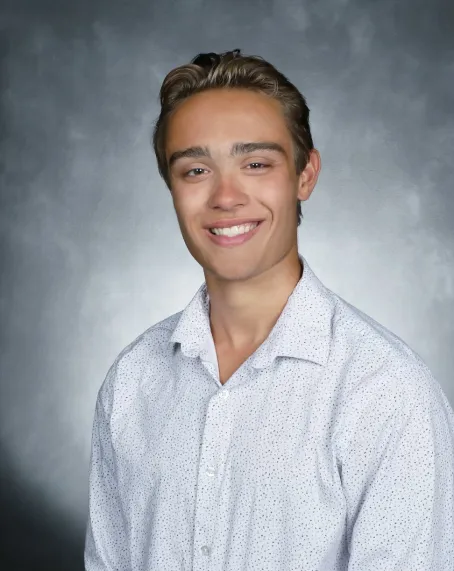On November 5, 2024, millions of Americans will make their way to the voting booths as they make their voice heard. The Republican candidate, former president Donald Trump, will face current-vice president, Kamala Harris.
Historically, the younger generation has been viewed as unimportant in elections. Many do not make the effort to go to the polls. This lack of motivation, however, is coming to an end.
According to a 2021 analysis by Tufts University, 50% of young voters aged 18–29 turned up to vote in the 2020 presidential election, an eleven percent increase from the 39% turnout in 2016.
Young people feel more obligated than ever to express their views and political opinions.
Younger individuals’ views, such as those held by the approximate 735 students attending WHS, are often shaped through external factors, such as family members, peers, and consumption of media, the process of which is called political socialization.
One of the most contested topics in the upcoming 2024 election is the economy. Students here hold a diverse selection of view points.
For instance, Senior McKenzie Longhenry believes, “Kamala Harris’s tax policy is better than Donald Trump’s.”
Senior Brady Sutman is looking to vote for Trump, saying that his policy is more likely to help in the reduction of gas prices and bring about a decrease of inflation.
The economy, however, is not the only thing on students’ minds. Many of them have their sights set on women’s reproductive rights.
Quinn Miller, a junior at WHS, supports Harris because “she is more on reproductive rights” and more likely to “[help] everyone and not just the middle class.”
Further justifications from students boil down to one simple fact: if you do not like one nominee, the other should be your choice.
Sophomore Phoebe Zwear says, “I would vote Kamala because she’s a baddie, and Trump is a terrible person.”
Ava Tucker, a junior, agrees, saying she is willing to “vote for Kamala Harris because [she] doesn’t like Trump.”
Sophomore MacKenzie Bernardo would vote for Harris as well: “I vote for Kamala Harris. I don’t really have a reason why. I just feel that she would be better than Trump.”
Meanwhile, others are influenced by external factors, such as Freshman Jace Brigham, who states he would “vote for Trump because [he] was raised in a family that votes for Trump.”
Additionally, there is resounding sentiment from students who wish they could have different nominees to pick from.
Such sentiment, however, is unlikely because of America’s two-party winner-takes-all electoral system. How nominees are chosen makes it nearly impossible for third party candidates to gain enough traction to be considered viable nominees. Often the Republican and Democratic candidates will take on third-party candidates’ policies, hoping to win over their voters.
This has been the case for centuries, leading many Americans to believe that their voice is not fully heard.
For example, Junior Wynonna Tuang would prefer to vote for nominees who are younger so that “they don’t die” while in office.
Junior Taylor Griswold would rather vote for either of the vice president nominees, J.D. Vance (R) or Tim Walz (D). Such belief came to fruition after she watched the vice president debate, stating that the vice president nominees appear “smarter” and “actually had a debate and were respectful and [didn’t] just fight with each other.”
Nevertheless, as election day approaches, contenders Trump and Harris will continue to rally their supporters, believers, and respective parties in a world where the younger generation is becoming increasingly involved in elections.
They want their voices heard. Gone are the days when politicians can cater only to the older generations.
The voices of young voters matter now more than ever.




